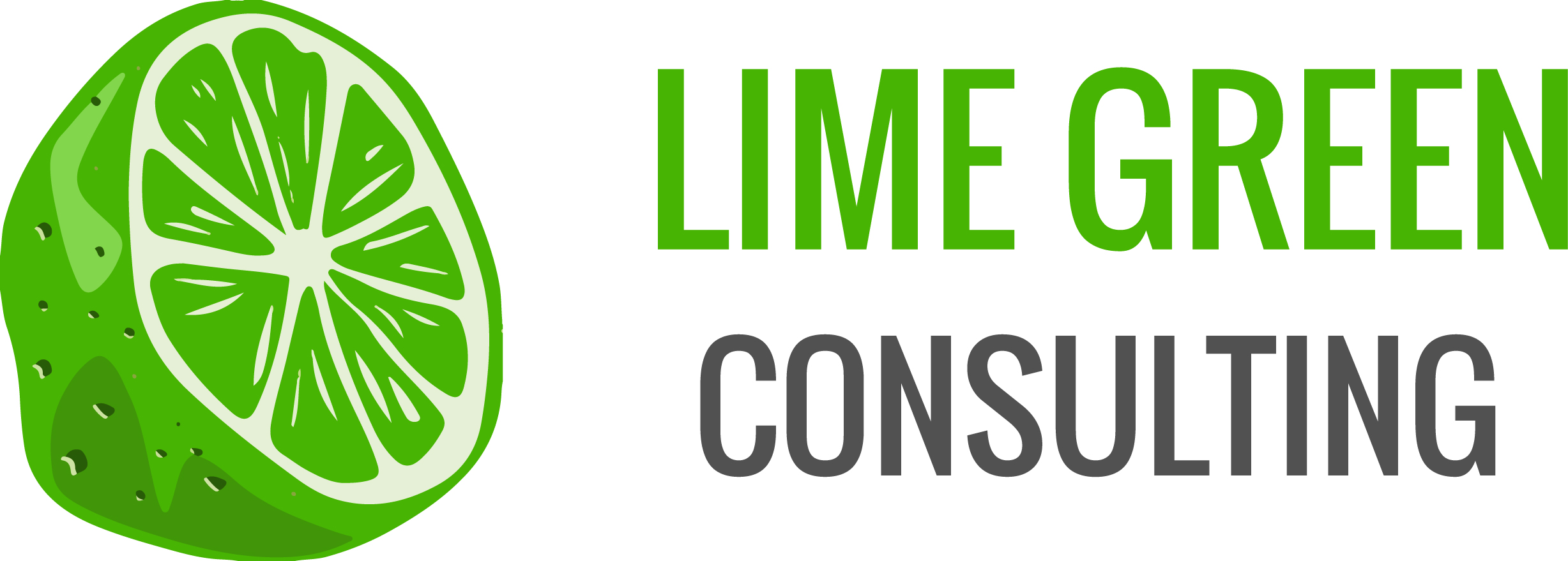|
It’s been eight years since we started providing trusts fundraising support to charities and social enterprises, alongside our strategy work. In that time, we're thrilled to have raised millions of pounds in grant funding. We've had projects that have been a huge success, and projects that haven’t quite gone to plan. We’ve learned loads about what it takes to secure funding in a hugely competitive landscape, and what we need from an organisation to our job well. Summer usually provides a rare opportunity for some down time to step back and gain perspective - whether that's while having a long walk in the sunshine (lesser spotted in 2023) or bobbing around in the sea on holiday (my personal favourite). So, this summer, we're reflecting on our top tips on how charities and social enterprises can work best with a consultant - whether that’s us or someone else. These tips are focused on trusts fundraising, but many of the general principles apply to other types of fundraising too. 1. Be clear why you need consultancy support in the first place - is it capacity, expertise, or both?It sounds obvious, but a consultant or freelance fundraiser can provide different things - they might bring valuable expertise or perspective that you don’t have in-house, or they might primarily provide extra 'hands-on' capacity at a time when, for whatever reason, you don’t have a staff member who can lead on the work. Our work with charities and social enterprises can take many different forms. For example:
Asking yourself what you actually need - and how it fits with your existing capacity and expertise - will guide how long you need support for, the rate you should pay, and the exit strategy you’re working towards (see below). It may well save you money, if you realise that you only need expertise to help you with a very specific piece of work, or short-term support to address a capacity gap. 2. Understand - and provide - what we need to do a good jobWhen working with an organisation, particularly longer-term, it's so helpful to be able to roll your sleeves up and really immerse yourself in their work and previous trusts fundraising efforts. It's vital that we can spend time looking through project summaries, budgets, impact reports, previous funding applications, complete records of all submitted applications (successful and unsuccessful) and end-of-grant reports. This helps us piece together an organisation's strengths, weaknesses to address, and key opportunities to focus on. If we're missing information, we won't know key questions that we need to ask, and risk duplicating work that you've done previously. When you start working with a consultant, give them online shared access to as much relevant information as possible, and ask them what they particularly need to do a good job, and how far back in time it's helpful to go. If necessary, you can always redact sensitive information or ask them to sign a specific non-disclosure agreement. 3. Keep us updated on key developmentsSharing information at the start of a project is important, but inevitably your plans will change as time goes by. For example, winning or losing statutory funding can have a key budgetary impact, service user feedback may change how you intend to deliver a project, unexpected developments might bump a capital funding need way up the priority list, or meeting a funder at an event may open up a big new opportunity. As external consultants, we may not be regularly involved in staff meetings - particularly if we’re working remotely - so it can be easy to forget to pass on important news to us. That's a missed opportunity, because we'll often be able to offer advice or adjust our approach in response. 4. Trust our judgement, but give us guidelines and even red linesSpecialist trusts fundraising consultants bring expertise on how to 'package' a project, present information in a budget and phrase things in applications. It's very likely that our approach will be different to your own, and may initially make you feel uncertain or even uncomfortable. If you're paying for specialist expertise, you should avoid undermining that investment by micro-managing the work or shutting down new approaches. We've previously worked with organisations where unfortunately applications became vastly more time-consuming to write, not to mention weaker, because of well-intentioned meddling. As a result, we raised less money. However, that’s not to say you should give a consultant complete freedom, particularly if it compromises your ethics and values - for example the way you portray your service users, use photos in applications, or who you're willing to seek funding from. I'd recommend having an honest and open conversation about this at the start, being clear about any “red lines” that mustn't be crossed, and sharing written information about your values and ethical fundraising policy if you have it. As well as reassuring you, this will also give your consultant confidence and freedom to work within those limitations. 5. Always keep oversight and ownership of our workOne basic principle of good consultancy is to ensure that the organisation receiving support is in a better position by the end than they were at the start. Yet this isn't always the reality - we’ve seen organisations end up in a real mess when a previous consultant walks out the door, losing access to application content, records of applications submitted and even key contacts at funders. This is why you should always ensure that you “own” - and have continuous access to - all the content and information produced on your behalf. Agreeing a regular meeting cycle, including key information to be provided in updates, also helps. A good consultant should appreciate the importance of this - for example, we always like to make sure we’re working out of a shared Google Drive or Dropbox folder, and encourage organisations to check files regularly and ask questions or voice concerns at any point. Try to have a clear exit strategy in mind, for example, aiming to recruit and hand over the work to a staff member after 12 months. When are you expecting your relationship with a consultant to come to an end, and what do you need to know, have and feel confident about by this point? 6. Ensure you remain front and centre with fundersAs well as owning your information, it's equally important to own your relationships with funders - they are funding you, not a consultant, and investing time in strengthening these relationships will help you raise more money in the long run. When working with a charity, we'll always encourage you to take the lead on making introductory calls or attending meetings with funders. We'll tend to work in the background - briefing you on what you might want to ask or tell a funder, and supporting at meetings when requested - not because we don’t enjoy speaking to funders ourselves, but because we think that (with support) you’re the best ambassador and advocate for your work, and the right person to build that relationship. This ensures there's no disruption whenever you're ready to move on from working with us. If you're speaking to a consultant who boasts about having brilliant relationships with funders themselves, always query how this has come about, and check that it's not at the expense of the grantee organisation being front and centre. Are you a consultant or charity / social enterprise with your own tips on making things work well? Share your ideas in the comments below.
2 Comments
|
Like this blog? If so then please...
Categories
All
Archive
May 2024
|
Lime Green Consulting is the trading name of Lime Green Consulting & Training Ltd (registered company number 12056332)




 RSS Feed
RSS Feed